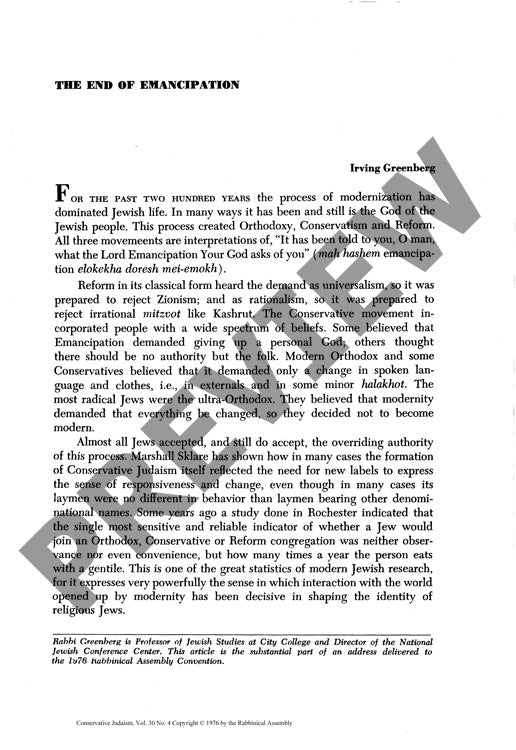The End of Emancipation
Couldn't load pickup availability
The Jewish community's two-century quest for acceptance in modern society has reached its limits, producing denominational divisions that threaten rather than enhance Jewish survival. Across Orthodox, Conservative, and Reform movements, the drive for emancipation became the de facto source of religious authority, leading to problematic transfers of loyalty evidenced most starkly in social integration patterns - where frequency of dining with non-Jews emerges as the strongest predictor of denominational affiliation. Historical analysis reveals how this emphasis on modernization left Jewish institutions critically unprepared for watershed moments like the Holocaust, where excessive commitment to American identity undermined responses to Jewish existential threats. Through comparative analysis of denominational approaches, sociological patterns, and responses to major historical events, a pattern emerges of superficial adaptations that failed to address deeper spiritual needs, resulting in accelerating assimilation and intermarriage rates. All three major movements remain hampered by residual traditionalism that prioritizes preservation over authentic religious engagement. Jewish survival now requires transcending both modernity and traditionalism through meaningful incorporation of Holocaust memory and Israeli statehood into religious practice, enhanced inter-denominational dialogue, and development of comprehensive Jewish value systems capable of challenging secular cultural dominance.

More Information
-
Physical Description
-
Publication Information
Published 1976
ISBN
-
Publication Credits
Irving Greenberg

